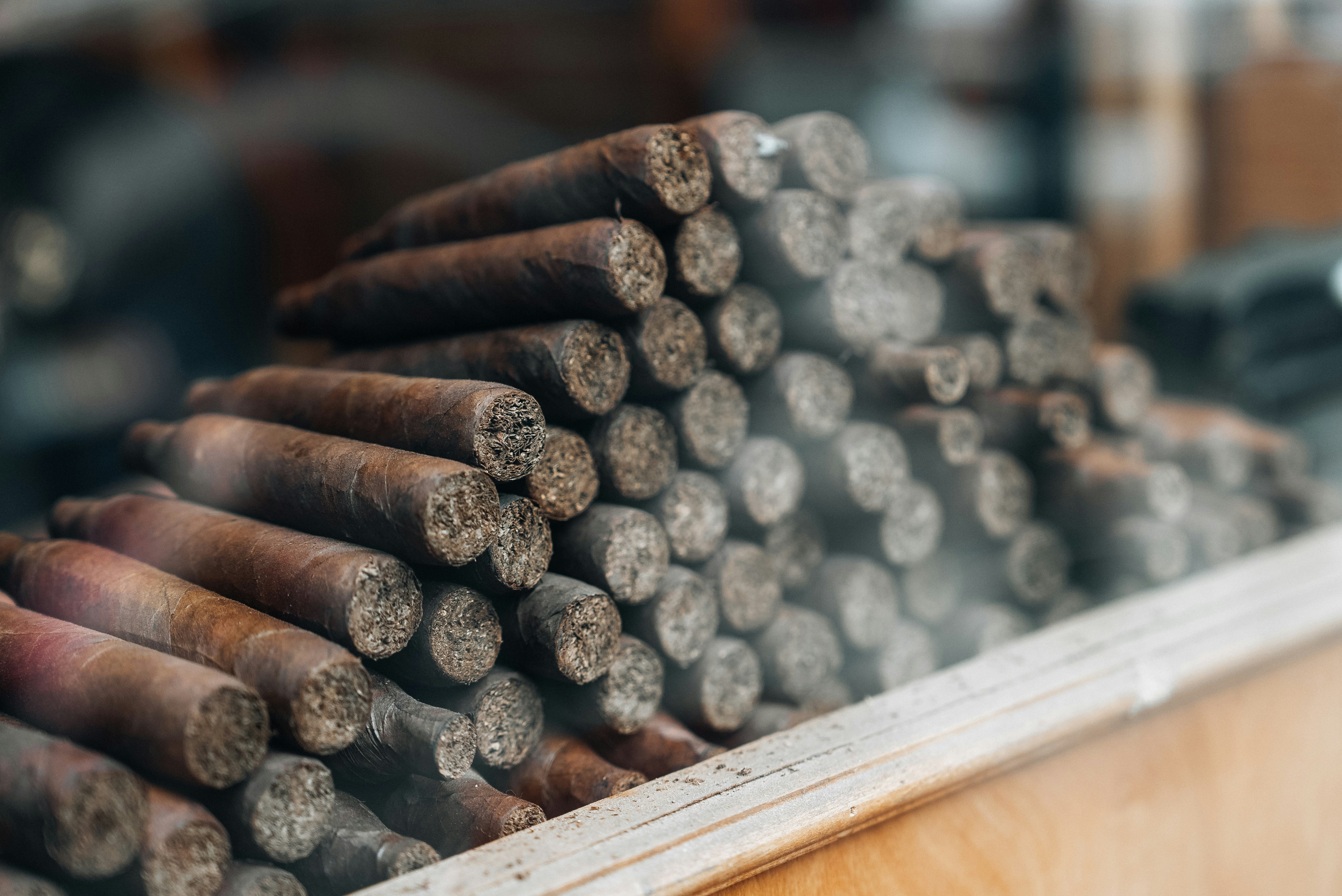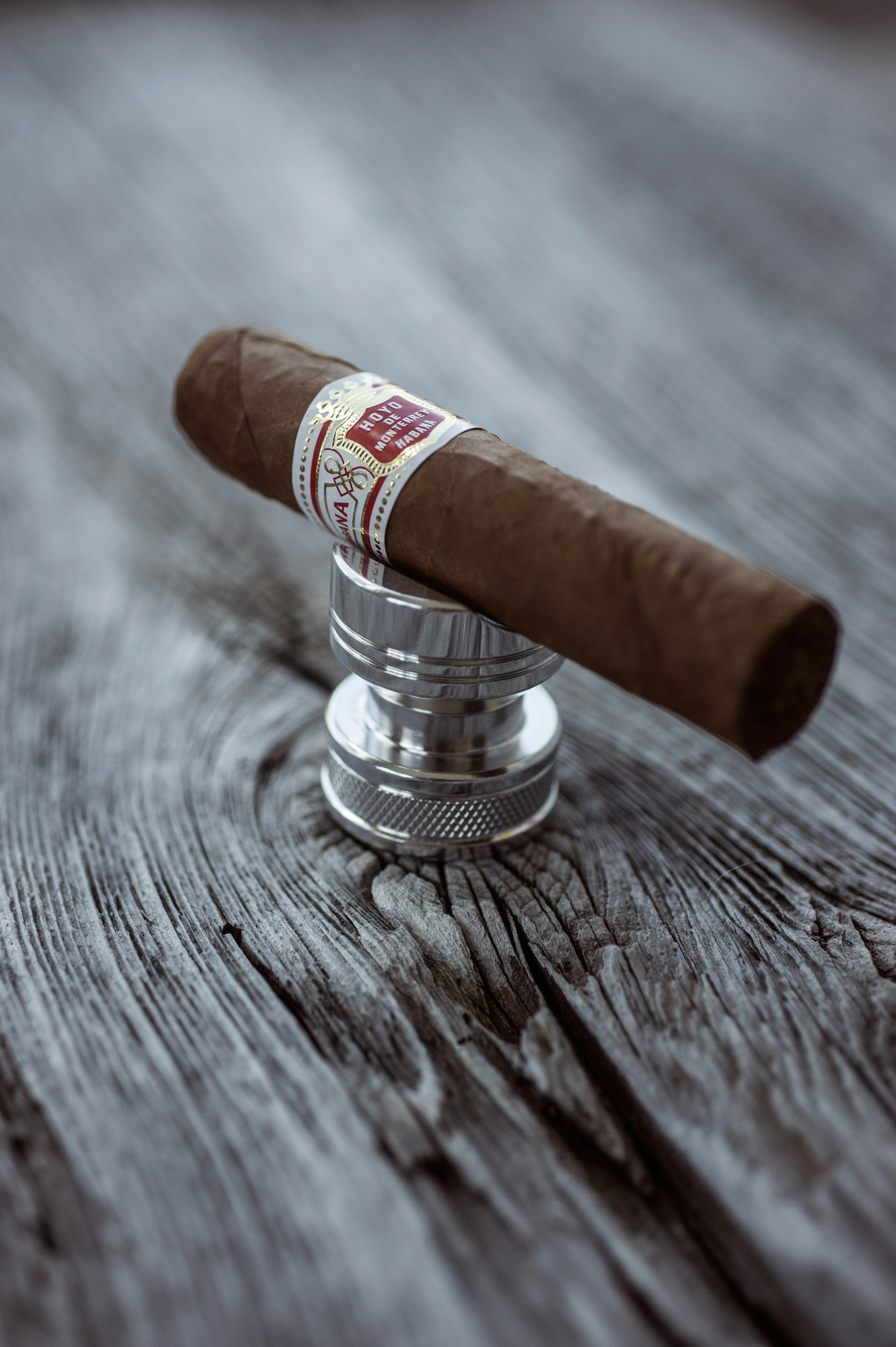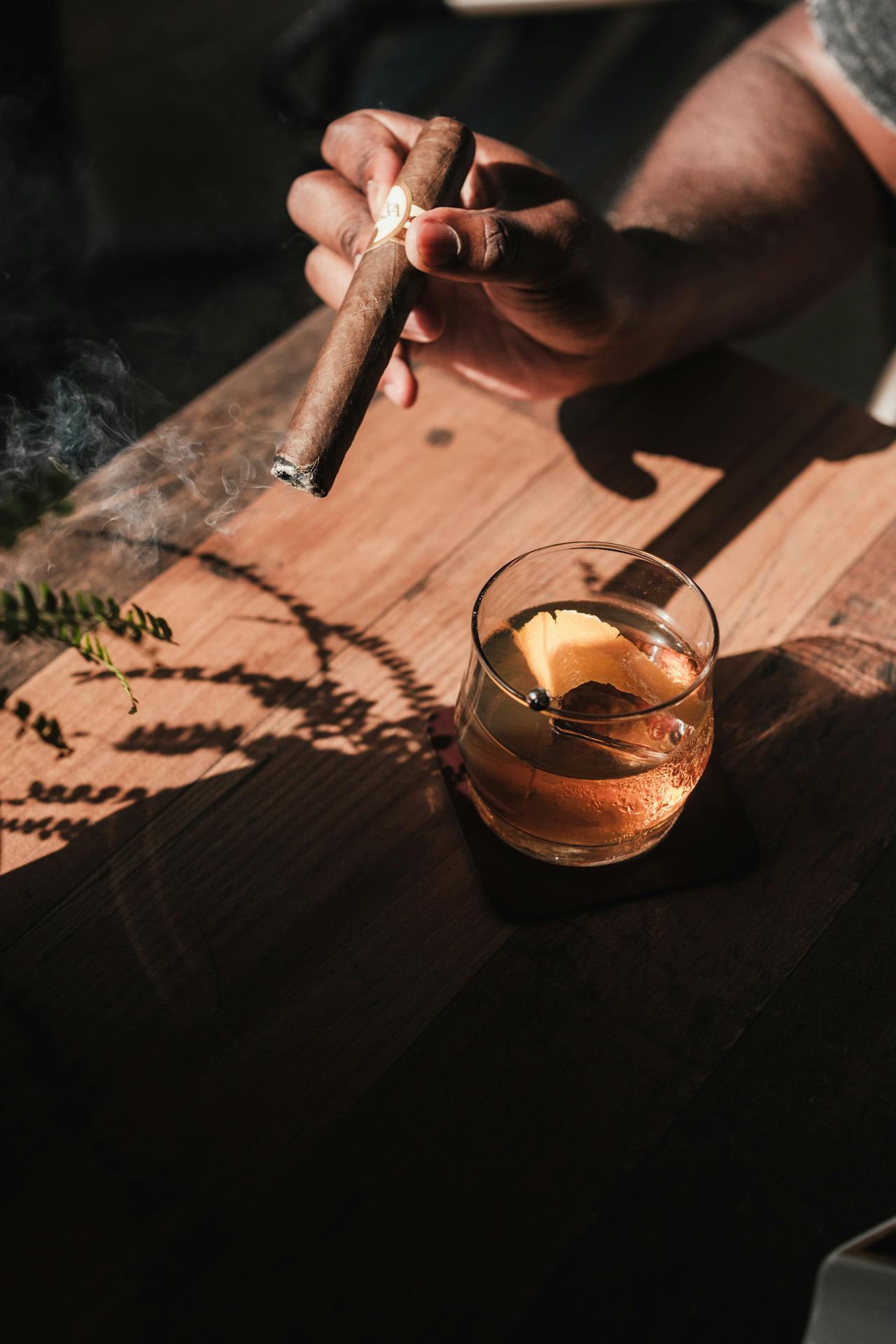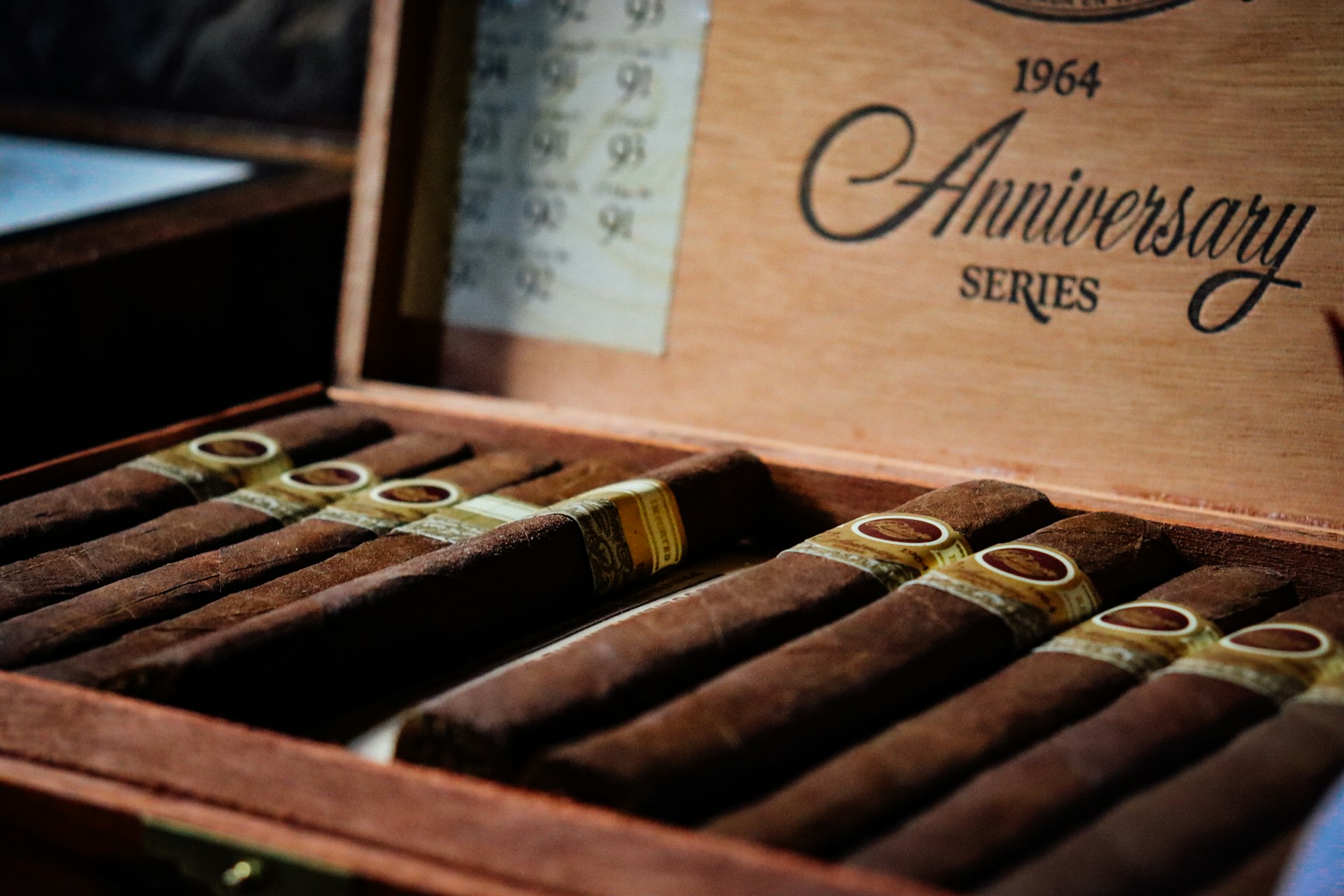Let’s discuss cigar disasters, shall we? Ever pulled a cigar from your humidor you’re saving for that special occasion, and lo and behold, it’s unsmokable due to a moldy overhang? Yikes! The classic question, ’ Can cigars go bad?’ is not just a casual question — it’s the stuff of nightmares for collectors who have spent serious coins on their premium smokes.
Truth bomb: yes, those leafy treasures can and do spoil — but it’s hardly an overnight catastrophe like leaving milk on the counter during a summer heat wave. That’s way more nuanced than that!
You can consider your cigars as small, rolled-up environments of flavor that are constantly developing — sometimes magnificently, at times…well, not so much. Those hand-rolled beauties are living, breathing organic matter that reacts dramatically to the environment. This head-spinning array of intersections of time, humidity, temperature, and storage creates a veritable matrix of possibilities for your increasingly valuable sticks.
It doesn’t matter if you’re a long-time aficionado with a walk-in humidor who makes your spouse question her priorities or just someone with a couple of celebratory cigars shoved in the desk drawer (no!). The science and art of cigar preservation just might prevent you from experiencing the dreaded realization that your investment has become nothing more than expensive compost. Let’s go deeper into this, shall we?
How cigars “go bad”

For starters, cigars don’t “expire” like food does. There isn’t some magic date when they suddenly stop being smokable. Rather, cigars age poorly based on their storage and treatment. Humidity, temperature variables, and too much time are the primary destroyers of cigars.
Humidity is the big one. Store your cigars too dry, and they will taste brittle and harsh. Too moist, and you’re heading into mold territory, wrapper damage, and tunneling when you smoke. The sweet spot is a relative humidity of somewhere between 65-72%, although some enthusiasts have their favorite range somewhere within that spectrum.
Temperature is nearly as critical. Too much heat decomposes the oils in the tobacco, and it can even coax tobacco beetles to hatch, ruining your collection. Too cold, and you run the risk of drying out your cigars or having condensation issues when you warm them back up. Something in the 65-70°F (18-21°C) range is best for storage, nothing beyond 75°F (24°C).
How to tell that your cigar has gone bad

How do you tell when your cigar has passed the point of no return? Thankfully, there are a number of tell-tale signs:
- Mold growth is the most visible sign. If you spot fuzzy white, green, or blue spots on your cigars, that’s definitely mold. Don’t confuse it with plume or bloom, a crystalline formation of oils that looks like fine white powder. Plume, which is innocuous, can just be given a gentle puff away. You can distinguish this from mold, which always looks fuzzy and often has some color. Be wary of people who try to sell cigars with mold as a plume.
- Tobacco beetles also create tiny holes in the wrapper and can wipe out an entire collection. If you see little round holes roughly the size of a pinhead, you may have a beetle infestation. Quarantine those cigars at once.
- Wrapper damage, such as cracks, tears, or unraveling, is a sign of poor storage, too. As the humidity wavers, the wrapper expands and contracts, eventually resulting in structural failure.
- Foul odors that have nothing to do with regular tobacco are a warning sign. Cigars should have an earthy, sweet, spicy, woody, or leathery smell — not ammonia or mildew. If your cigar smells like a damp basement, there is a problem.
Can old cigars be saved?

Now, this is where things start to get interesting. Unlike a moldy pantry loaf, some cigars that look “bad” can be resurrected with a little TLC, depending on what’s wrong with them.
Dry cigars are the easiest to save. If they’re not cracked or broken, you can gradually reintroduce moisture by putting them in a suitably humid environment. And I do mean slowly — hurry this process, and the wrapper will expand at a faster rate than the filler, leading to crow’s feet, cracks, and splits. Run them through proper humidity for at least a week or two before attempting to smoke them.
Too-humid cigars can be dried out slowly. I put them in a container with a lower humidity (about 60 percent) and let them acclimate slowly. Again, patience is key here.
Cigars with mold or beetle damage are generally goners. I wouldn’t play around with those, particularly if the mold has got into the wrapper. As for beetle-infested cigars, get rid of them before the little buggers get busy and take over your entire collection.
Does the aging process ruin cigars?

Here’s another common misconception: a lot of people think all cigars improve with age the way fine wines do. That’s not entirely accurate. This right here is one of those cigars that will enhance with some age, especially fuller-bodied, more complex blends. Others, especially milder cigars or those with Connecticut wrappers, are often best enjoyed within a year or two of purchase.
Quality tobacco bound as a premium, hand-rolled cigar can age beautifully for decades when adequately kept. That’s partly why you’ll find collectors chasing vintage Cubans from the 1980s or early 2000s. The aging process allows the oils and flavors to marry, often producing a smoother, more complex smoke.
However, aging only happens if the storage conditions are ideal. Even the most premium cigars will be ruined over time if humidity or temperature is inconsistent. I’ve opened up a neglected humidor and been heartbroken to find nothing but dried-up shells of beautiful cigars. Learn from my mistakes, people.
Preventing cigars from going bad

It is always easier to prevent than to treat. Here’s what works:
- Invest in a good humidor with a dependable hygrometer. Don’t cut corners here—a proper humidor is worth its weight in gold.
- Maintain your hygrometer and calibrate it at least bi-annually. A faulty hygrometer provides you with a false sense of security.
- Use a suitable humidification device, such as Boveda packs, which allow cigars to maintain steady humidity without constant monitoring.
- Rotate your cigars from time to time so that every single one receives the same level of humidity from the humidor.
- Place your humidor in an area where it doesn’t get heat from direct sunlight, and away from places where temperature changes frequently.
If you experience extreme temperature fluctuations during the plunge, then consider a wineador or cabinet humidor.
Conclusion

Cigars don’t expire, but they are living, breathing, organic things that need to be properly taken care of. If you treat them well, they’ll return the favor with fantastic smoking sessions for several years. Ignore them, and you might as well be burning dollar bills.
So, can cigars go bad? Absolutely. But if you know what to look for — and keep a little care in mind — your collection can remain in optimal smoking form. And is that not what every cigar lover wants?




